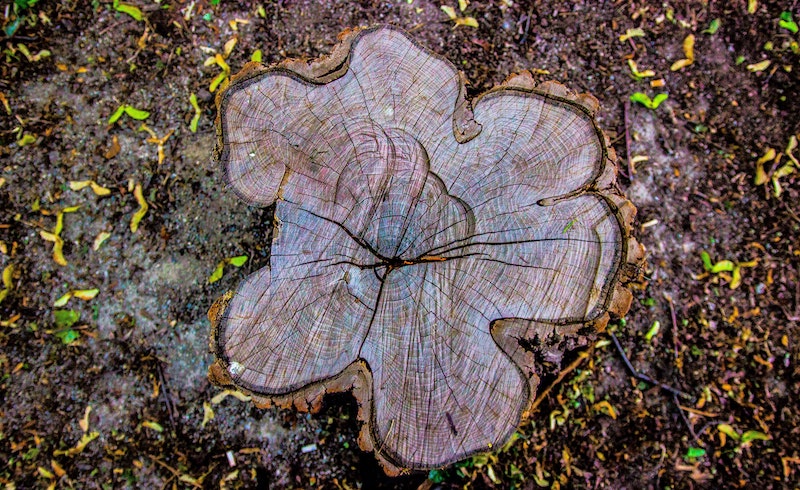You Find Balance by Being Out of Balance
Episode #6 of the course Embodied mindfulness: Tools for tuning in to your health, creativity, and purpose by Mina Samuels
Glad you’re back!
Yesterday, we talked about focusing on process instead of outcome. This change of mindset can make us feel off-balance. Yet, when we focus on outcome, when we instrumentalize everything we do as in pursuit of our goal, that’s when we are most off-balance. We have defined a way that life is supposed to be. We want there to be a finite balance point. Until we reach our goal, everything else is just not there yet.
When we focus on outcome, we think of the rest of our lives as akin to the symphony tuning up. The concert hasn’t started yet—our life is not quite the life it’s supposed to be. We are waiting for that magic moment when everything is tuned and in sync; when we have reached our goal, the opening note.
The reality is that our life is not tuning up. Life is happening right now. Sure, we all have things that we are hoping to change or improve. We wonder when the symphony is going to start, when every instrument will play together as it should.
But the symphony is already playing. The concert started the day we were born, and the music is our life as it is right now. We live on the friction-less boundary between what is real today, what is intended, and what is hoped for. This boundary is our engagement with life, the musical accompaniment on our road.
The balance between reality, intention, and hope is always in flux. We touch on the perfect balance point here and there: a sunset with someone we love, recognition for a job well done, or hiking to the top of a mountain peak. We experience a moment in which we think, “I could stay here forever. I wish it were always like this.” And then, it’s gone.
Balance is a flow, not a resting place. Balance is a process. We move in and out of balance continuously. We recognize balance through our experience of being out of balance.
Try this: Stand completely still on both feet. Notice how difficult it is. Your body sways. You have to engage your core muscles or your leg muscles to stop yourself from tipping. We are not always aware of how dynamic balance is until we feel it physically. When we embody balance, as we just did in this quick exercise, we feel the flow.
Finding balance in life is the same process of constant micro-adjustments, interspersed with big changes, expected and unexpected, welcome and unwelcome. With the embodied mindfulness that we practiced a moment ago, we truly begin to understand that processes are not just intervals between outcomes. Processes (in particular, the process of finding balance) are the world.
In Buddhism, The Middle Way is what captures these ideas of balance and process. The Middle Way is not only about moderation, but it is also about expansion. How can we expand into life?
Each year, Edge.org asks a diverse group of cultural, scientific, artistic, and philosophical thinkers to share their so-called last question. One year, Michael I. Norton, a Harvard professor, asked, “Why do humans behave as though what can be known is finite?” Good question. Finiteness bounds our awe. Infinity feeds our wonder.
More often than not, the answer to the Big Questions we ask ourselves should be: “I don’t know.” We must provoke ourselves to expand by asking, asking, asking and trying, trying, trying. This is the process.
A life of creativity and purpose is less about identifying our goals than opening to the process and expanding our limits.
A Different Kind of Meal
For today’s exercise, I invite you to expand in an unexpected way. When we disrupt our normal patterns, our balance, we are often able to see the world from a new angle. I propose an invention of my mother’s: the utensil meal. This is a meal best shared with children and/or light-hearted friends.
Make macaroni and cheese for dinner. It can be vegan and gluten free, if you wish. The important thing is that it is simple. While the meal is cooking, fill a grocery-size bag with assorted cooking utensils: giant wooden spoon, cheese grater, whisk, spatula, hand beater, tongs, measuring cup, or whatever else strikes you. Blindfold the diners. Each one reaches inside the bag. The first thing that their hand touches is the utensil they will eat their meal with. You do the same.
Just as eating a meal with unexpected utensils seems like a small step, tomorrow, we will look at the power of micro-goals.
Bon appetit!
Mina
Recommended reading
Which Is More Fundamental: Processes or Things?
Recommended book
Start Where You Are: A Guide to Compassionate Living by Pema Chödrön
Share with friends

